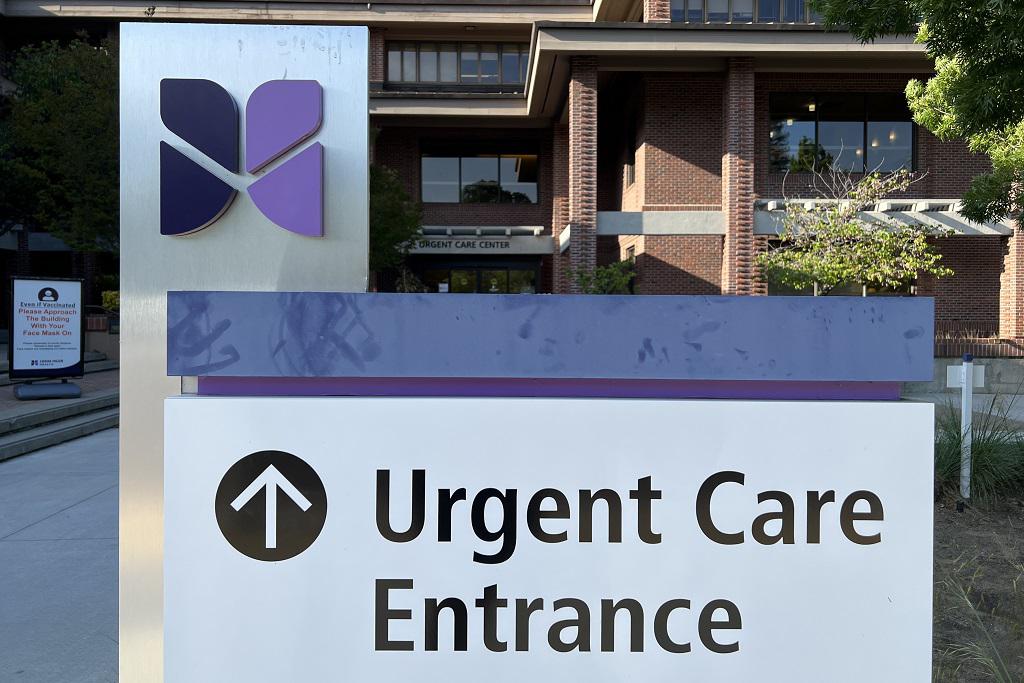AMA Discusses Potential Nationwide Corporate Medicine Ban

– The American Medical Association (AMA) is considering a resolution to seek a federal ban on the corporate practice of medicine. This resolution, submitted by Florida emergency physician Vicki Norton, aims to prevent the profession from being dominated by Wall Street investment firms.
– Opposition to corporate medicine has historically been governed at a state level, but three health care law scholars are arguing in favor of adopting the resolution at a national level. They believe that state medical societies look for policy leadership from the national organization.
– Laws prohibiting the corporate practice of medicine exist in most states, but their enforcement varies greatly. Some health care policy experts who once saw these laws as hindrances have changed their views due to the proliferation of private equity and financialization throughout health care. They are currently working on legislation that strengthens these laws to combat the strategies private equity firms typically use to circumvent them.
American Medical Association Considers Federal Ban on Corporate Medical Practice
The American Medical Association (AMA) is deliberating on a resolution to impose a federal prohibition on the corporate practice of medicine. This resolution, presented by Florida emergency physician Vicki Norton, advocates for an urgent stop to the domination of the medical profession by Wall Street investment firms. Norton’s resolution was listed for ‘non-consideration,’ but saw a revival following an appealing call made by New Jersey radiologist, Christopher Gribbin.
Emphasizing the distressing impact of private equity on the medical profession, Gribbin highlighted the need for preserving physician autonomy and preventing burnout. He stated, “Private equity has spent $1 trillion in the last decade on acquisitions in buying medical practices.”
The resolution is set to be decided in an upcoming meeting. Despite initial skepticism, supporters of the resolution were heartened by the strong backing received from fellow delegates. However, those opposing the resolution argue that corporate practice of medicine, a state-level governance issue, should not be federally regulated.
Despite its history of favoring corporations across sectors from insurance to pharmaceuticals, the AMA now stands at a tipping point. With membership levels at a mere 11%, the association’s influence has significantly declined. The current scenario presents an opportunity for doctors to argue that reinforcing doctrines that prohibit corporate intrusion into the medical profession could restore the AMA’s relevance.
Laws barring corporate medical practice are already in place in various states, but enforcement has been inconsistent. Historically, such laws were established to prevent employers from hiring company doctors and slashing costs by deducting healthcare service charges from worker’s paychecks. However, due to the rise of private equity and the corporatization of healthcare, some experts are taking a fresh look at these laws.
Legal scholars, such as Mark A. Hall, who once dismissed these laws as barriers to innovation, have since revised their views and are now advocating for stronger enforcement. Hall, along with Erin Fuse Brown and Hayden Rooke-Ley, supports Dr. Norton’s resolution, citing the need to curb loopholes exploited by private equity firms in the medical sector.
Meanwhile, the antitrust establishment seems to be reassessing its stance on these laws, which have long been viewed as anti-competitive. Mitch Li, founder of the advocacy organization Take Medicine Back, predicts that the FTC will soon revise its stance on these laws in response to a surge of complaints from physicians about the detrimental impact of private equity’s role in healthcare.
Li and his group are in active discussions with agency officials and lawmakers to highlight the negative effects of corporatization on the healthcare sector. Their advocacy efforts have been met with a sympathetic response from several lawmakers who have observed first-hand the toll that understaffing and burnout have taken on medical professionals.
—
Read More Health & Wellness News ; US News



Leave a Comment